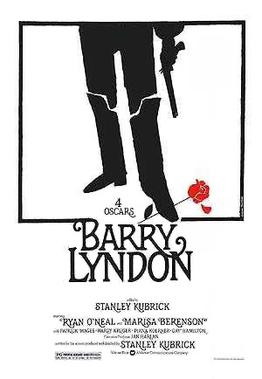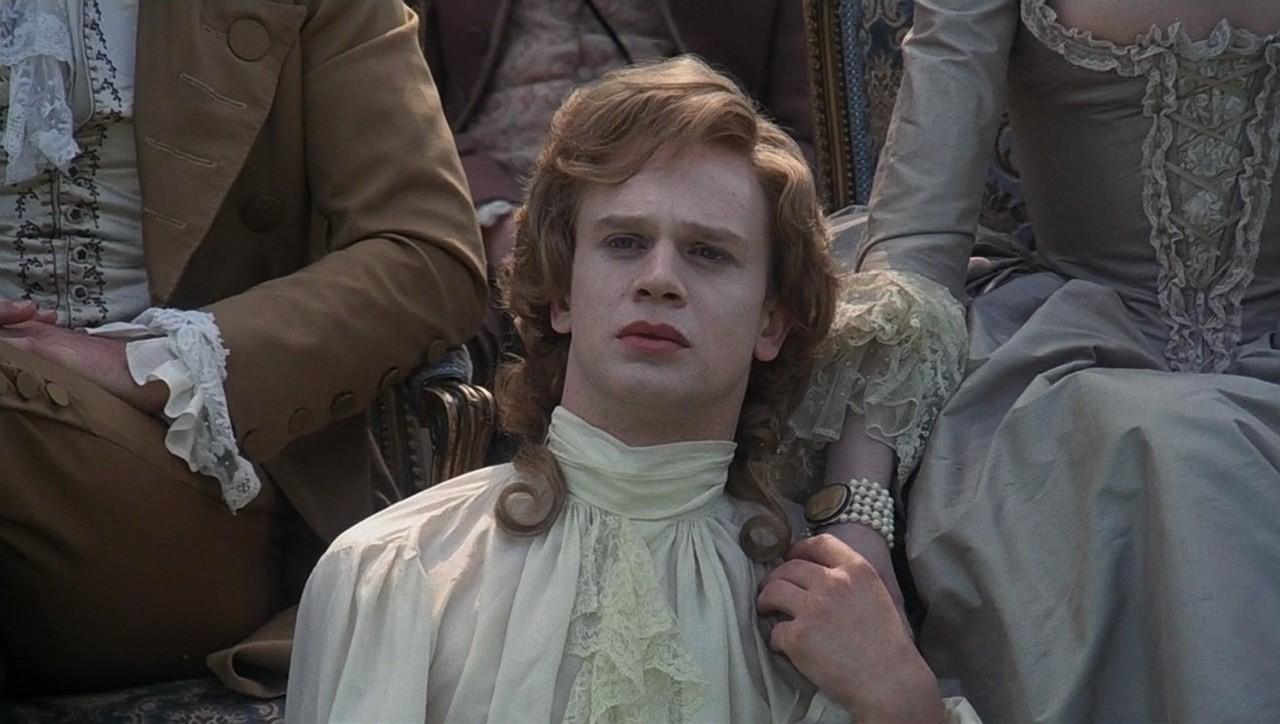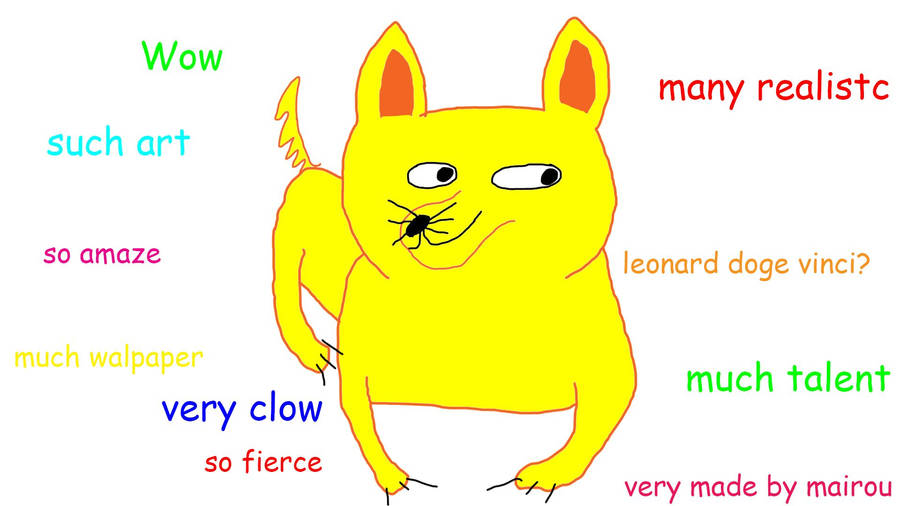Recently watched this movie and, like Heaven's Gate (though to a lesser degree), it is somewhat polarizing.
Like Heaven's Gate, it's long as hell (3 hours) and for my money, longer than it needed to be.
It divides some people into groups who think it is (a) Stanley Kubrick's unappreciated masterpiece, or (b) a lesser work of Kubrick that is unnecessarily boring.
Here is what I thought, and fellow Sherdoggers let me know what your opinion is...
This movie suffers from one of the least interesting and charismatic protagonists I have seen in a long time. Ryan O'Neal is simply a prop in the film for the most part, and he is the star for 180 minutes. You never really get to know Barry Lyndon, he never really reacts to his circumstances, be they good or bad, and he never really displays any emotions or characteristics.
The movie has the length of a great epic like Spartacus, yet little of what Lyndon does makes his story worthy of being told so extensively.
With that said, the last 30 minutes or so are great. There is some very impressive tension built, and Barry Lyndon FINALLY shows SOME aspects of his character. I also think these scenes might be where John Woo got the idea for all of his doves and pigeons flying around during gun scenes. Stanley Kubrick invented that shit.
Also, the whole way through the cinematography is very good. It ranges from very good (at its worst) to absolutely fucking spectacular at its best. Like this shot...
That's actually a frame from the movie.
Ryan O'Neal isn't necessarily a bad actor, but for the first 2.5 hours, he was a charismatic black hole that made Jai Courtney seem like an enthralling guy. I think this movie needed to cast someone in the lead who can be compelling while doing nothing, which is a pretty rare ability.
The love and care that Kubrick invested into his shots is readily apparent. But the movie could have been condensed or the script and plot livened up. The movie looked terrific, but by the end, it was crazy to think about how little had actually happened over the course of the film.
I'd give it maybe a 7...






















